Certificate of Attendence
Available in the participante area


One line registration
Starts August/2017
Abstract submission
Ends by 31/01/2018
Abstracts acceptance
After 15/03/2018
Early registration
Ends by 15/04/2018
Regular registration
Ends by 12/05/2018
Cancelation and refund
Ends by 12/05/2018
After the country discovery and the initial cycle of wood exploitation, the colonists established the agricultural in the country, based on sugarcane, followed by tobacco, cotton and coffee. The arrival of the Portuguese royal family and court to Brazil lead to a stimulus of diversification and improvement of the local economy. However, the Brazilian economy continued as in the colonial period, administered by the aristocracy and based on slave labor. Due to the reliance of the economy on agriculture and crops such as coffee, Brazil´s development was held back until the late 19th century.
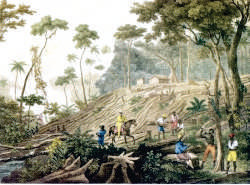 |
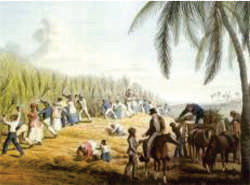 |
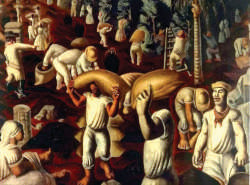 |
In the mid-twentieth century, the cultivation of crops mainly for oversea markets reflected locally in an external dependence on food supply for the population of Brazil. The large expenses of land and non-technical cheap rural labor force, plus the large estate agrarian structure in the late 1950s, partly explains the technological stagnation of agriculture. By the 70´s, changes in agriculture production were determined by a pattern of industrial accumulation, supported by agroindustrial complexes or agro-systems, the so called "green revolution" (high inputs of fertilizers, mechanized systems and melioration of plants for high production).
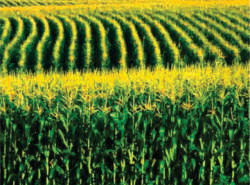 |
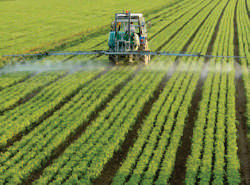 |
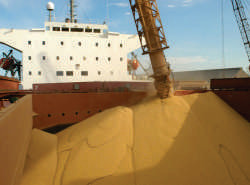 |
The modernization of Brazilian agriculture occurred through reductions in government control and subsiding of agriculture, leading to greater trade openness, the international reference of agricultural markets to the local production. This phase surpassed the technological standards of the previous (green revolution) and established new scientific paradigms (based on information and biotechnology), among other factors.
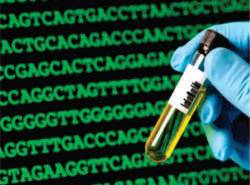 |
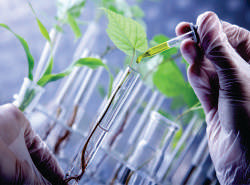 |
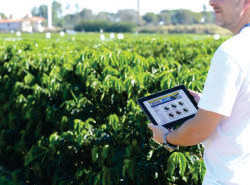 |
Dear participants of the 21th WCSS,
We are sharing the images taken at the Convention Center to remind you of the great time we had during the event.
Our best and thanks again to all that helped to make this a special moment.
To see the photos, please visit:

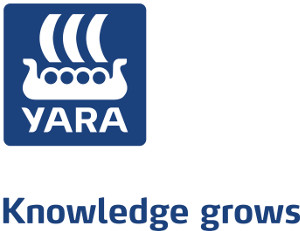



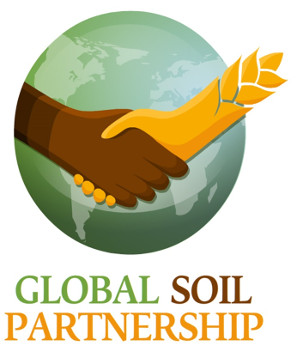
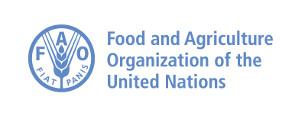


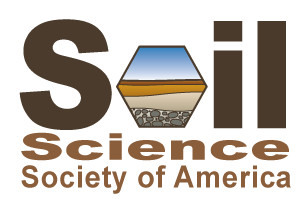
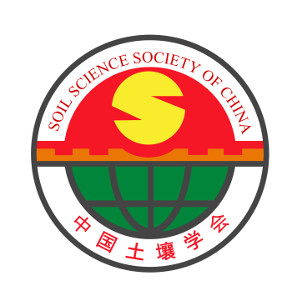
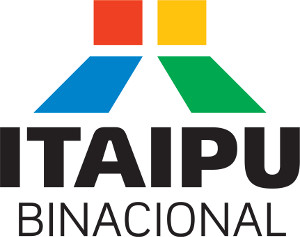


Além Mar/ Li-Cor
British Society of Soil Science
Copernicus
DFG- Deutsche Forschungsgemeinschaft
Euro Soil
InterMag
Livraria UFV
Marconi
Neobio e Microanalysis
Spectral
Tecnal
Tourism Toronto
Umwelt-Geräte-Technik GmbH
AMS, Inc.
Astro 34
CSIRO Publishing
Elsevier
European Commission
Gasmet
Jacto
MIDI
Ralco
Sentek
Soilmoisture Equipments
Springer
© 2017 21st WCSS - All rights reserved
Sociedade Brasileira de Ciência do Solo (SBCS)
Departamento de Solos - Edifício Sílvio Brandão, s/n
Cx.P. 231 - Campus da UFV CEP 36570-900 - Viçosa-MG
Fone: +55 31 3899-2471 - sbcs@sbcs.org.br; www.sbcs.org.br